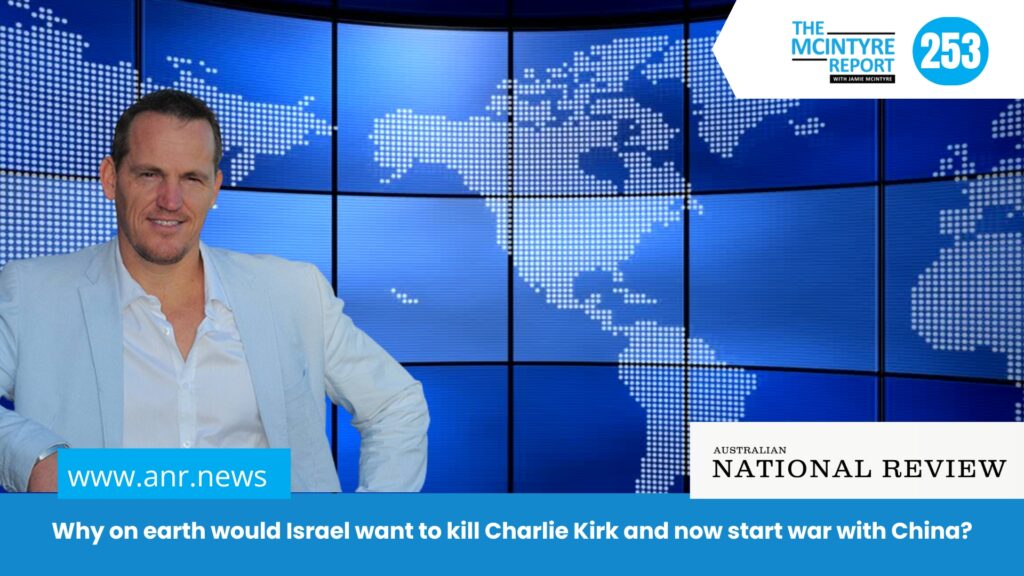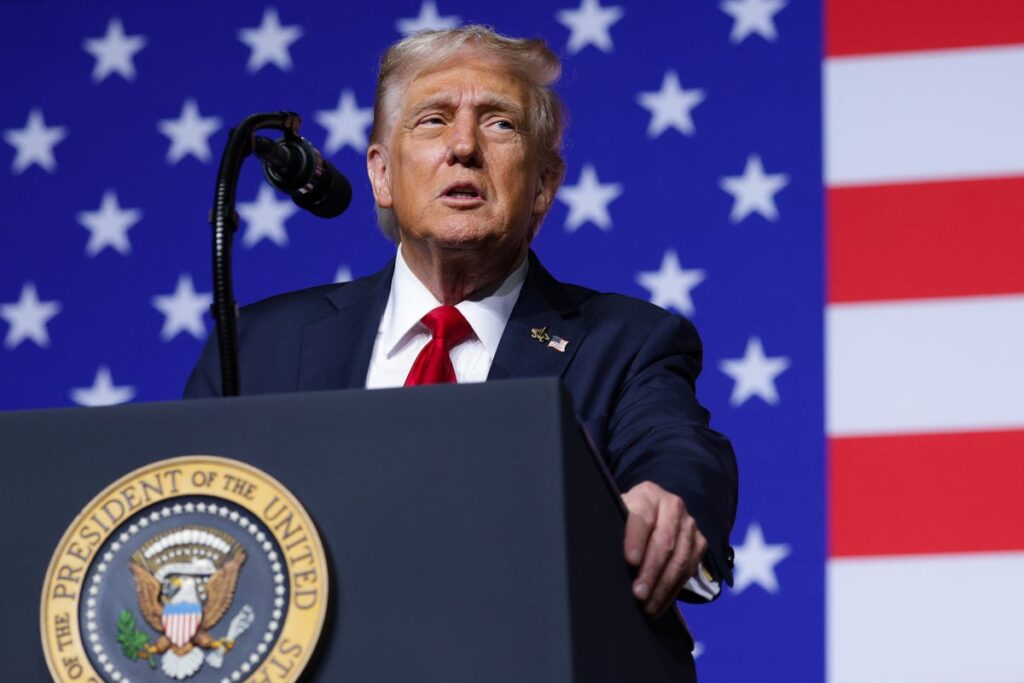Why Trump didn’t win the Nobel Peace Prize – but still has one big chance
By Maira Butt
The US leader has insisted he should have won the prestigious award ‘four or five times’ by now

Trump fails in bid to win Nobel Peace Prize as Maria Corina Machado wins 2025 honour
Donald Trump has not won the Nobel Peace Prize — a decision that is likely to infuriate the President, who has claimed to have ended “seven wars”.
Instead, the Norwegian Nobel committee announced the Venezuelan opposition leader Marina Corina Machado as the winner of this year’s award, for her “tireless work promoting the democratic rights for the people of Venezuela,” in a statement in Oslo on Friday.
The politician is currently in hiding as a result of serious threats to her life.
“When authoritarians seize power, it is crucial to recognise courageous defenders of freedom who rise and resist,” the committee said.
Trump’s campaign to be awarded the accolade has been no secret. He’s been hinting at it since his first term in office, and has been even less inhibited this time, claiming that he “deserves it” and that he should have won it “four or five times.”
So much has he coveted the prize that world leaders have put on public displays of support for his Nobel candidacy during diplomacy talks.

Maria Corina Machado has won the Nobel Prize for Peace 2025
Who backed Trump to win?
Nearly every global leader has been asked in the past week whether they backed Trump winning the grand prize.
Ukraine’s President Volodymyr Zelensky said he would back Trump if the US provided Kyiv with Tomahawk missiles, while the Kremlin said it was supportive of a Trump victory.
Israeli Prime Minister Benjamin Netanyahu, who has a complex relationship with the US President, handed Trump an envelope containing a nomination during the Gaza peace talks.
Despite the somewhat dubious nature of his claim to have ended “seven wars,” the bestselling author of The Art of the Deal appears to have made serious strides towards peace in the Middle East. This week, Hamas and Israel signed an agreement to implement the first phase of Trump’s 20-point peace plan.
The timing of the Gaza peace deal
Nominations for this year’s Nobel Peace Prize closed on 31 January. Trump became president on 20 January, meaning he had been in office 11 days by the time submissions closed.
That means none of his peacemaking efforts or nominations this year could technically have counted towards the announcement on Friday. With the Israel-Hamas agreement ratified so recently, and the hostages yet to be released, the fragile truce may not be seen as a strong enough achievement by the committee, who look for evidence of “durability.”
“The Nobel Peace Prize is the result of months of research and deliberation by the Nobel committee,” says Theo Zenou, a historian and research fellow at the Henry Jackson Society.
“They would not change their decision at the last minute based on a deal that is very much still in the offing.”
But he could still be in the running next year – if the ceasefire in Gaza holds and paves the way for a more comprehensive deal.
Public campaigning
The committee has admitted it’s made mistakes in the past, such as awarding the prize to Barack Obama in 2009, less than a year into his term as President.
With Trump loudly campaigning for his own victory, experts say the five-member body would not want to be seen as caving into pressure.
“Trump’s overt campaigning for the prize probably irked the committee,” says Zenou. “They value their independence.”
“They didn’t want to give it to Trump because he has lobbied so hard for it,” agrees Matthew Mokhefi-Ashton, a politics professor at Nottingham Trent University.

Ukraine’s President Volodymyr Zelensky said he would back Trump if the US provided Kyiv with Tomahawk missiles
Strategic decision
It has been a year of global conflict, in which a number of high-profile wars, such as Russia’s invasion of Ukraine and Israel’s offensive in Gaza, have continued to make headlines. Others, such as the civil war in Sudan, have been underreported.
Russian opposition leader Alexei Navalny’s widow, Yulia Navalnaya, and Sudan’s Emergency Response Rooms, were thought to be frontrunners for the prize. But analysts say the committee may have wanted to shed light on a lesser-known issue.
Mokhefi-Ashton believes that the decision could also be a “smart move” to placate both Trump, who has publicly supported Machado, and his critics.
“Trump and the Republicans have long railed against the socialist government of Venezuela. Giving the award to one of the chief opponents of Madura’s government makes it harder for him and other Republicans to criticise the decision.”
“Machado is a very uncontroversial pick,” says Zenou. “The committee is reaffirming its commitment to democracy. They intend this to send a signal to authoritarians and wannabe authoritarians around the world.”
Mokhefi-Ashton believes that the decision could also be a “smart move” to placate both Trump, who has publicly supported Machado, and his critics.
“Trump and the Republicans have long railed against the socialist government of Venezuela. Giving the award to one of the chief opponents of Madura’s government makes it harder for him and other Republicans to criticise the decision.”




















